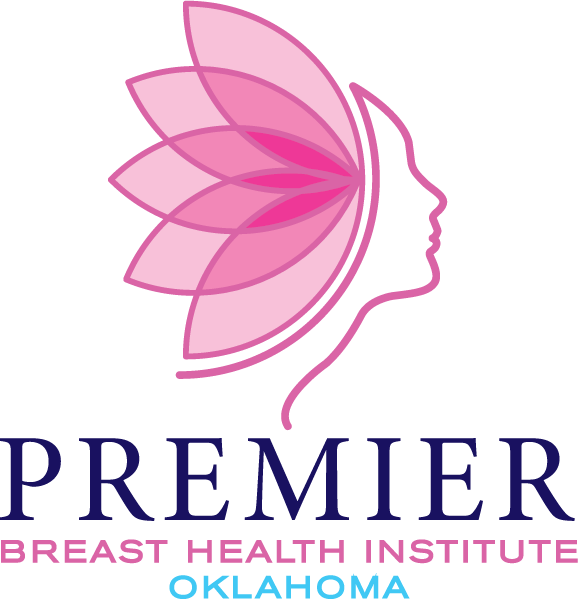Vital Way to Identify Hereditary Breast and Ovarian Cancer
In the world of medical science, genetic testing emerges as a beacon of hope, offering insights into the hereditary nature of breast and ovarian cancer. While most cases are not linked to inherited mutations, for a select group, genetic tests become a crucial step in understanding and managing their health risks. It is crucial to learn the intricacies of genetic testing and counseling for hereditary breast and ovarian cancer.
The Essential Journey into Genetic Testing
Genetic testing stands not as a universal remedy but as a tailored approach earmarked for those under the shadow of hereditary breast and ovarian cancer. This testing is a cornerstone for individuals who:
Possess a pronounced or moderate family health history of breast and ovarian cancer. With a particular emphasis on those of Ashkenazi or Eastern European Jewish descent.
Have battled breast cancer personally. Where the diagnosis's age, the cancer type, and the family health narrative paint a picture necessitating further scrutiny.
Have encountered ovarian, fallopian tube, or primary peritoneal cancer on their health journey.
Aware of an existing BRCA1, BRCA2, or another inherited mutation coursing through their family's genes.
Genetic Counseling: Navigating the Genetic Maze
The role of genetic counseling cannot be overstated; acting as a compass before and after genetic testing. It empowers individuals with the knowledge to make educated choices about undergoing genetic testing, considering their unique personal and familial health histories. Furthermore, it interprets the nuanced results of these tests. This sheds light on their significance for both the individual and their kin.
Understanding BRCA1 and BRCA2 Genes: Keys to Hereditary Cancer Risk
The genes known as BRCA1 and BRCA2 play a pivotal role in the story of hereditary breast and ovarian cancer. Under normal circumstances, these genes act as guardians against certain cancers, working diligently to protect our bodies. However, mutations in these genes can impair their ability to function correctly. This increases the likelihood of developing breast, ovarian, and other types of cancer.
The Impact of BRCA1 and BRCA2 Mutations
Mutations in BRCA1 and BRCA2 are significant because they directly affect your cancer risk. When these genes don't work, your body's defense against certain cancers is weakened. If you inherit a mutation in either of these genes, your risk of getting breast and ovarian cancer is higher than average. Moreover, these mutations don't just affect you; they can impact your family members too. They are often shared among relatives with a history of cancer.
The Genetic Testing Process Explained
The journey through genetic testing for hereditary breast and ovarian cancer is a structured yet personalized pathway designed to provide individuals with critical insights into their genetic predispositions. This process encompasses several key stages, each vital in ensuring that the individuals receive accurate information and appropriate support. Here's a detailed breakdown of the process:
Initial Consultation and Genetic Counseling
Purpose: The first step involves a comprehensive discussion with a genetic counselor. Based on personal and family health history, this session assesses an individual's risk of carrying BRCA1, BRCA2, or other related gene mutations.
Process: The counselor gathers detailed information about the individual's medical history and that of their relatives, focusing on instances of breast, ovarian, and related cancers. This helps in identifying patterns that might suggest hereditary cancer syndrome.
Outcome: The counselor evaluates the likelihood of a genetic mutation being present and discusses the benefits, risks, and limitations of genetic testing. This ensures that the individual can make an informed decision about proceeding with genetic testing.
Decision-Making
Personalized Assessment: Based on the initial consultation, individuals consider their options. This is a critical decision-making point where they weigh the potential emotional, financial, and medical implications of knowing their genetic status.
Informed Consent: Before testing, individuals must give informed consent, acknowledging their understanding of the testing process and its potential outcomes.
Genetic Testing Procedure
Sample Collection: The testing procedure involves collecting a DNA sample, usually through a blood draw or saliva sample. This sample is then sent to a laboratory for genetic analysis.
Panel Testing: Many individuals undergo panel testing, which examines multiple genes simultaneously for mutations. This approach is particularly effective in identifying hereditary cancer syndromes, offering a broader view of the individual's genetic risk.
Receiving and Understanding Results
Result Interpretation: A follow-up counseling session is arranged to discuss the findings once the results are available. The genetic counselor explains the implications of whether the test identifies a known mutation, finds no mutation, or uncovers a variant of uncertain significance.
Positive Result: Indicates the presence of a gene mutation associated with an increased risk of cancer. The counselor will discuss strategies for monitoring and risk reduction, including enhanced surveillance, prophylactic surgery, or chemoprevention.
Negative Result: A negative result might suggest a lower risk of hereditary cancer, but it's interpreted in the context of the individual's personal and family history. In some cases, it may still be recommended to follow enhanced screening protocols.
Variant of Uncertain Significance (VUS): Sometimes, genetic testing uncovers a mutation whose impact on cancer risk isn't clear. Additional family testing or periodic reevaluation as science advances may be suggested in such cases.
Post-Test Counseling and Further Steps
Action Plan: Based on the results, the genetic counselor helps formulate an action plan tailored to the individual's specific situation. This may include recommendations for regular screenings, lifestyle changes, or discussions about the potential need for preventive measures.
Family Communication: Guidance is also provided on how to share this information with family members, who may also be at risk and could benefit from genetic testing.
Take Control with Premier Institute Genetic Testing
Unlock your path to personalized cancer prevention with Premier Breast Health Institute. Our dedicated team provides comprehensive genetic testing in OKC, empowering you to understand your hereditary risks for breast and ovarian cancer. Don't let uncertainty dictate your health in the future. Contact us today to schedule a consultation and take the first step toward informed health decisions. Your journey to peace of mind starts with us.

